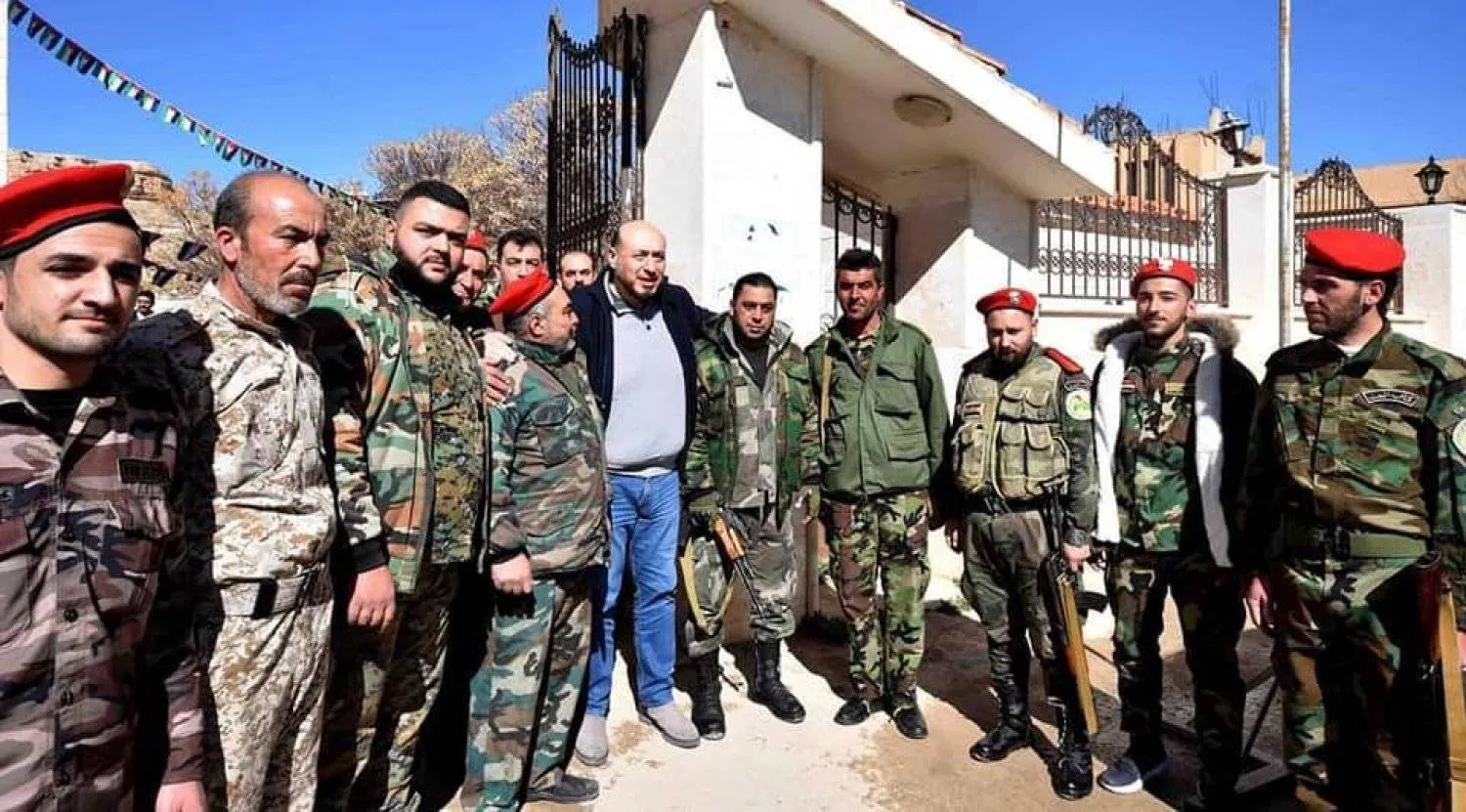In a surprising move, Syrian state media reported Wednesday that the People's Assembly voted to allow legal action against lawmakers Mujahed Ismail, leader of the “Baath Brigades,” and Khaled Zubaidi, head of the Syrian-Algerian Business Council and a key player in the real estate sector.
This decision came just a day after the assembly unanimously voted to revoke the membership of businessman Mohammad Hamsho, closely linked to President Bashar al-Assad and his brother Maher.
Hamsho is the second member to lose his seat in less than a month for holding Turkish citizenship, following the removal of Aleppo MP Shadi Dibs on Oct. 10.
In a brief report, the local newspaper Al-Watan announced that the assembly voted to permit legal action against Ismail and Zubaidi, but did not clarify the reasons for these proceedings.
This development is significant, as it marks a first in the assembly’s history since President Hafez al-Assad came to power in the early 1970s.
Traditionally, members have needed to gain approval from decision-making circles based on their security profiles, according to sources in Damascus cited by Asharq Al-Awsat.
Although the vote results have not been disclosed, leaks from unofficial local media about the legal actions against key regime figures suggest a potential shift in protection, indicating that these individuals may now be at risk of exclusion from influential financial networks.
Sources told Asharq Al-Awsat that these recent actions signal Damascus's commitment to making changes aimed at reorganizing its internal structure.
This effort is in response to Arab pressures for progress in normalizing relations with Syria, which depend on addressing issues like drug trafficking, refugee returns, and advancing a political solution to the crisis.
These topics were key points in discussions last Sunday between Jordanian Foreign Minister Ayman Safadi and Syrian officials.
The sources also suggested that the Assad regime may consider restructuring its economic front, much of which is currently subject to international sanctions.









